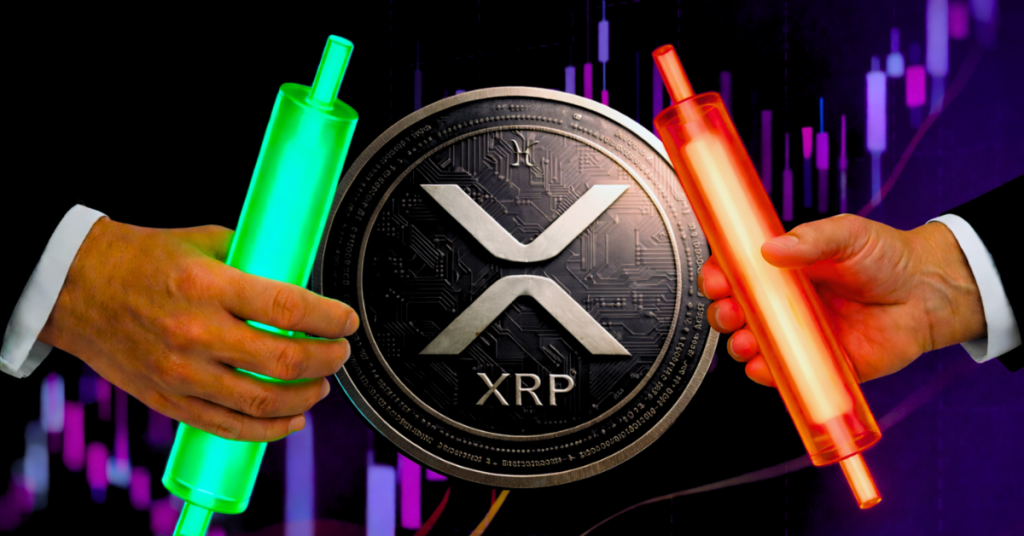The Alternative for Germany (AfD) party, a prominent opposition group in the Bundestag, recently submitted a parliamentary motion, urging the government to recognize Bitcoin as a “strategic asset” and not include it in the EU’s Markets in Crypto-Assets (MiCA) regulation.
The motion bases its argument on Bitcoin’s merits, which they say fundamentally distinguish it from other crypto assets, which MiCA was primarily designed to regulate.
AfD urges government to recognize Bitcoin
The AfD parliamentary group wants Bitcoin to be exempt from regulatory and tax burdens. To that end, the MPs submitted a motion to that effect on October 23 under the title “Recognizing the strategic potential of Bitcoin – preserving freedom through restraint in taxation and regulation”.
The parliamentary group argues in the motion that Bitcoin has too many great qualities to be relegated to the category of crypto asset classes to be taxed and regulated.
Some of the attributes they noted include how it is “decentralized, non-manipulable, and limited-availability digital asset.” According to the AfD, it should therefore not fall under EU Regulation “Markets in Crypto-Assets” (MiCA).
“Overregulation of Bitcoin service providers and users in the course of national MiCA implementation jeopardizes Germany’s innovative capacity, financial freedom, and digital sovereignty,” the group wrote.
They believe that excessive regulation could trigger a capital flight as companies seek greener, more sustainable pastures abroad, effectively weakening the country’s competitiveness and inhibiting progress.
“The federal government has so far failed to strategically recognize Bitcoin, for example, as a technology for energy integration or, in times of increasing monetary instability, as an asset held within currency reserves,” the MPs also wrote.
They also want tax clarification from the federal government, with the holding period for Bitcoin investments to be reliably maintained at 12 months, while mining and the operation of Lightning nodes in the private sector should not be considered commercial activities.
In addition to all those demands, the AfD has asked that the federal government develop a “strategic statement,” one that will highlight the role of Bitcoin as “free, digital money in the 21st century.” Above all, they noted “its technological implications,” “its energy policy potential,” and “its significance for digital freedoms and monetary sovereignty.”
AfD has submitted a Bitcoin Reserve Proposal
The AfD submitted a parliamentary motion to the Bundestag on October 14, 2025, that urged the federal government to start accumulating Bitcoin as part of its long-term reserve strategy.
In the proposal, the party also talked about how the EU’s MiCA framework was designed for centrally issued tokens, which does not apply to Bitcoin, which lacks an issuer or central authority.
It touted Bitcoin as “state-free money” that protects individual freedom in contrast to the planned digital euro, which it warns has the potential to enable surveillance and control, something Palantir hinted at with its shocking dystopian ad months ago.
In the proposal’s Section I, point 5, the AfD also criticized the German government for not recognizing Bitcoin’s strategic potential, specifically noting that Berlin has not considered holding Bitcoin as part of its national reserves.
AfD is right about this assessment. Many countries have BTC reserves in one form or another, either from buying or seizing from convicted fraudsters and criminals, and Germany used to be one of them. Then, it started selling its stash.
In fact, the AfD proposal comes less than a year after the German government completed one of the largest state-level Bitcoin selloffs in global history. Between June and July 2024, German authorities offloaded nearly 50,000 BTC, worth about $3 billion at the time.
After the selloff, an 18% correction followed, and so did heavy criticism from the Bitcoin community, who wanted the Germans to know they had fumbled a 10/10 asset, one that was scarce and appreciating.
By mid-July 2024, blockchain data confirmed that wallets linked to the German government held no Bitcoin after sending the final tranches to exchanges and market makers.
Now, the AfD and many others are increasingly urging the government to do an about-face and start accumulating the asset once more.
Get seen where it counts. Advertise in Cryptopolitan Research and reach crypto’s sharpest investors and builders.
















 English (US)
English (US)